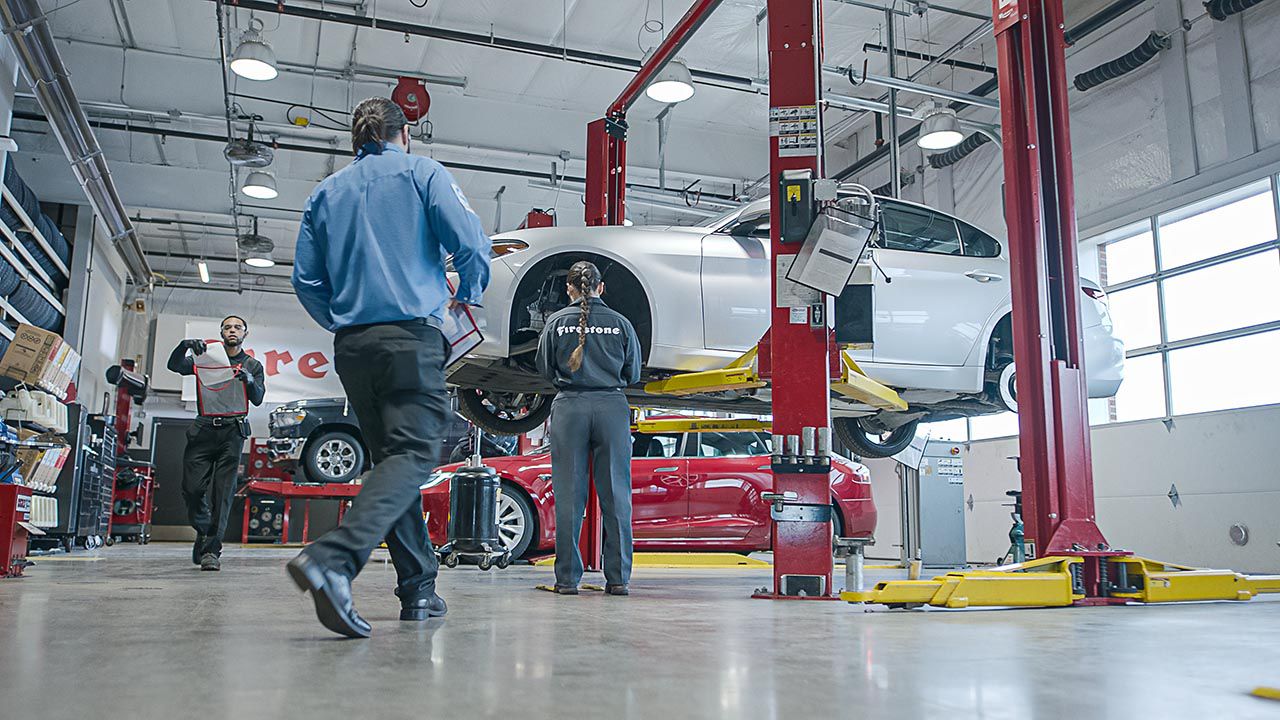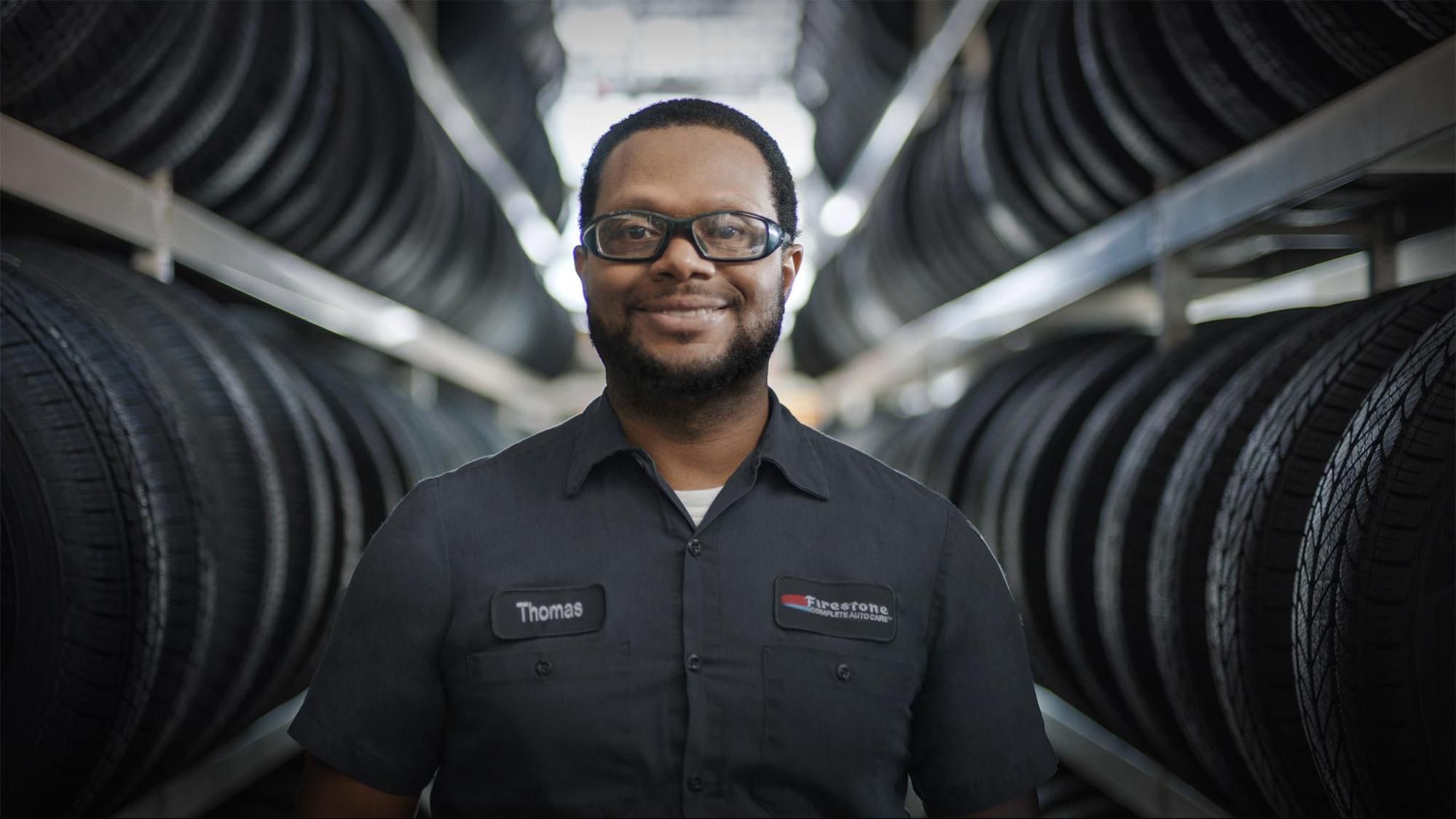In the market for a new-to-you vehicle? Perhaps you've been scouring online listings, visiting dealerships, and researching different makes and models, all in search of that perfect used car.
Before committing to a vehicle, it's essential to learn how to inspect a used car before purchasing it. After all, you want to ensure that you're getting the best bang for your buck and not inheriting someone else's problems.
Here's what to look for in a used car when buying, including tips on how to do a used car inspection and where to get an inspection done.
Inspect the Exterior
Before you even open the door and step inside, take a close look at the exterior of the vehicle. Examine the body for any signs of damage or rust. Pay attention to the condition of the paint and look for any scratches, dents, or chipping. You'll also want to check the car body panels for spacing between panels and consistency in color and texture, as variations could indicate previous repairs.
Next, inspect the tires. Uneven tread wear could be a sign of alignment issues or suspension problems. Make sure to check the sidewalls for excessive cracks or any bulges, as these are red flags. Don't forget to inspect the rims for any signs of damage as well.
Inspect the Interior
Once you're satisfied with the exterior, it's time to move on to the interior. Start by checking the seats for wear and tear. Test all seat adjustments to ensure they function correctly, and look for any stains, rips, or sagging cushions.
Inspect the dashboard and center console for any warning lights or error messages. Turn on the ignition (but don't start the engine) to check if all lights illuminate properly, and then turn off after a few seconds. Test the air conditioning, heating, radio, and any other electronic components to ensure they're in working order.
Take a Look Under the Hood
Before finalizing the deal, don't forget to pop the hood and take a look underneath. While you don't need to be a mechanic to perform a basic inspection, there are a few key areas to pay attention to.
Look for any signs of corrosion or rust on the battery terminals, as well as frayed or damaged wires. With the engine off, inspect the belts and hoses for cracks, fraying, or signs of wear. These components are essential for the proper functioning of the engine and should be replaced if they show any signs of deterioration.
Take a Test Drive
A crucial step in the used car buying process is taking the vehicle for a test drive. This allows you to assess its performance and handling firsthand. Pay attention to how the car accelerates, brakes, and handles corners. Listen for any unusual noises coming from the engine, brakes, or suspension.
Test the steering responsiveness and make sure the vehicle tracks straight when driving on a level road. If possible, drive the car at different speeds, including highway speeds, to evaluate its stability and comfort.
This is also a good time to take note of any weird car smells as they could indicate anything from mold or mildew to a more complex issue like a malfunctioning fuel system.
Get a Professional Inspection
Wondering how to get an inspection on a used car? This is where Firestone Complete Auto Care's car inspections come in handy.
While you can perform a basic inspection yourself, nothing beats the expertise of a professional technician. If you're unsure about the condition of the vehicle, consider taking it to a trusted auto shop for a thorough inspection.
At Firestone Complete Auto Care, a free inspection typically covers basic components such as tire inspections and battery tests. It's a quick way to get an initial assessment of the vehicle's condition. However, for a more comprehensive inspection, opt for a Complete Vehicle Inspection, which includes checks on the engine, transmission, and suspension.
Ask for Reports
Before making a final decision, it's essential to gather as much information as possible about the vehicle's history. Ask the seller for any maintenance records, service receipts, or accident reports. This will give you insight into how well the car has been maintained and whether it has been involved in any significant incidents.
Consider obtaining a vehicle history report from reputable sources like Carfax. These reports can reveal important details such as previous accidents, title issues, and odometer discrepancies.
Ensure You're Getting a Fair Price
Once you've thoroughly inspected the vehicle and taken it for a test drive, it's time to talk numbers. Before agreeing to any price, it's essential to do your research to ensure you're being charged a fair amount. Use online resources such as Kelley Blue Book to determine the market value of the make, model, year, and condition of the car.
Keep in mind that the asking price is often negotiable, especially when buying from a private seller. Don't be afraid to haggle or walk away if you feel the price is too high, and be prepared to justify your offer with evidence from your research and the findings of your inspection.
Don't Buy a Vehicle Without Firestone Complete Auto Care
Buying a used car can be a daunting task, but with the right knowledge and preparation, you can make an informed decision. Remember to thoroughly inspect both the exterior and interior of the vehicle, take it for a test drive, and request any necessary reports. And don't forget to stop by your local Firestone Complete Auto Care for a professional inspection to ensure that you're getting the best possible deal. Whether you opt for a free or complete inspection, you'll have peace of mind knowing that your new ride is road-ready. Schedule your appointment today!



